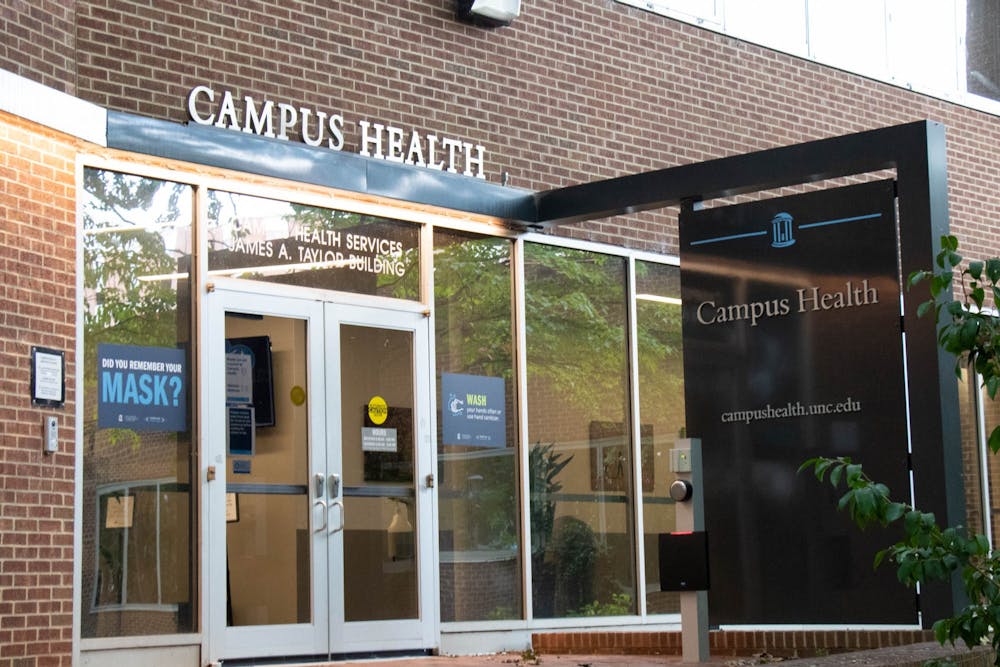In Nov. 2021, University leaders hosted a summit to address the ongoing global mental health crisis. Nearly a year later, the Heels Care Network plans to host a mental health colloquium to continue the conversation about mental health on campus.
The theme of the colloquium, ‘Identity, Cultural Awareness and How to Support One Another,’ was inspired by requests from the community to discuss how mental health and identity intersect, according to Vice Chancellor for Student Affairs Amy Johnson.
“One of the things that we heard very clearly from folks is that mental health, dealing with it and addressing it, doesn't happen in a vacuum,” Johnson said. “And so folks have been interested to talk about the intersections of mental health and other things in their lives that also affect their mental wellbeing and how they're feeling.”
The summit last fall was intended to kick off a larger series of events and conversations which would spread awareness about mental health, said Ethan Phillips, senior and vice president for Health and Wellness at the Association of Student Governments for the UNC System. In the same way, the colloquium is a kickoff to the Heels Care Network Mental Health Seminar Series, he said.
Phillips encourages every student, faculty and staff member to attend the colloquium, but he said that this event is not the end goal.
"The conversation needs to be ongoing, it needs to be continual," said Phillips. "But we also need to be thinking about how they apply to ourselves, how they apply to our broader campus and what changes can we start making in our lives, in our relationships and in the broader campus community to actually put some of these best practices into reality."
The colloquium will include two presentations and time for breakout sessions. Vice Provost for Equity and Inclusion and Chief Diversity Officer Leah Cox will host ‘Practicing Cultural Awareness and Humility,’ discussing how culture and cultural awareness affect mental health care.
“So if we understand the cultures of others, if we have more awareness and appreciation, then we'll do a better job of making sure we have a safe and healthy and mentally healthy community,” said Cox.
In her presentation, Cox said she will explain what it means to be culturally aware, address safety concerns to note when it comes to cultural awareness, discuss definitions surrounding this topic and speak to how cultural awareness plays a role in mental health, especially on college campuses.




